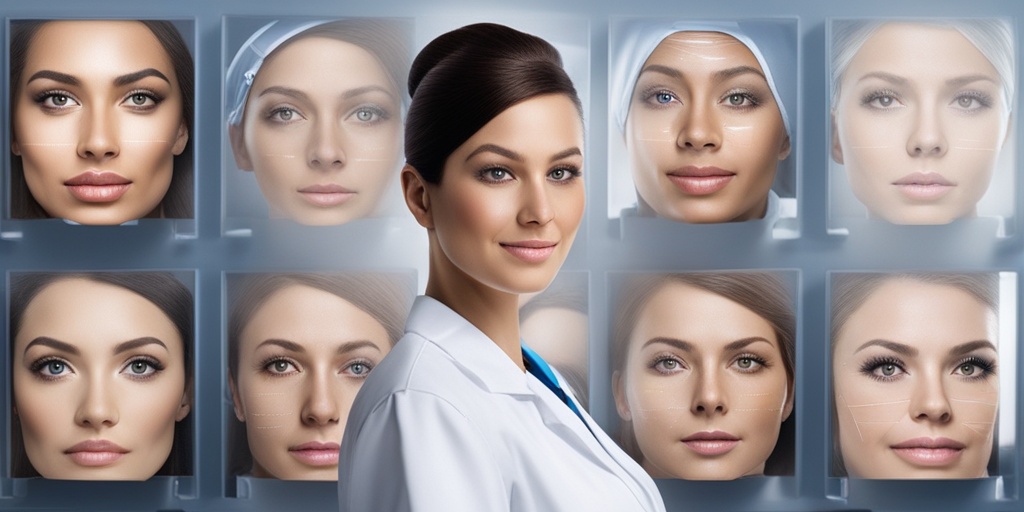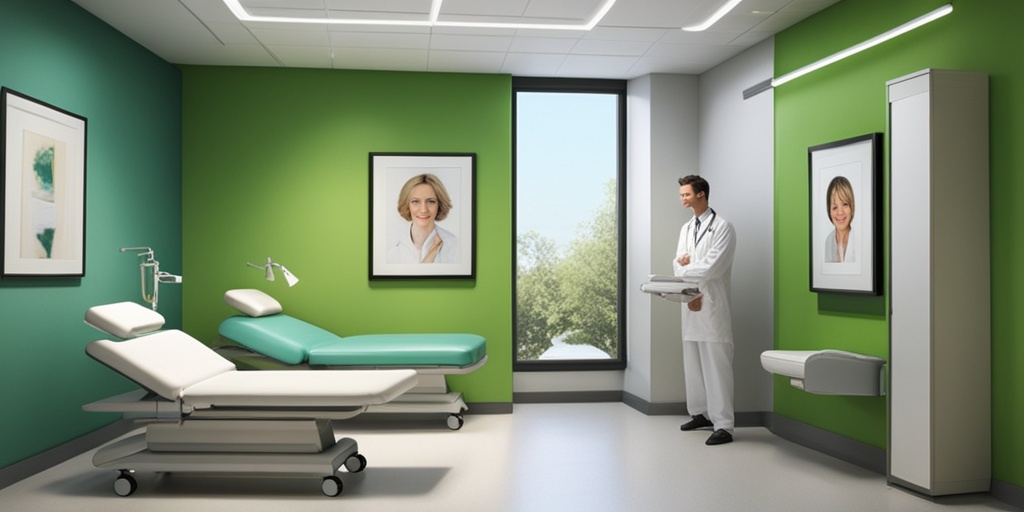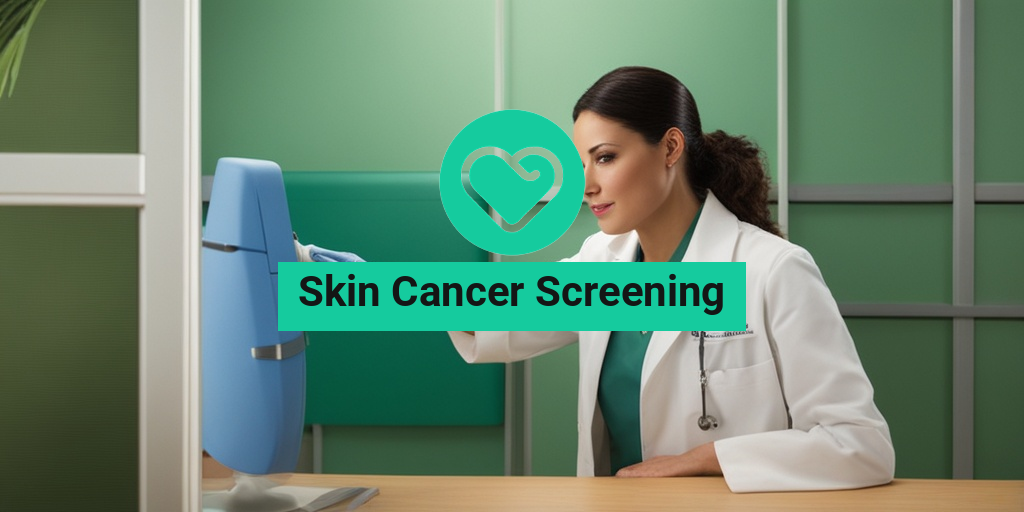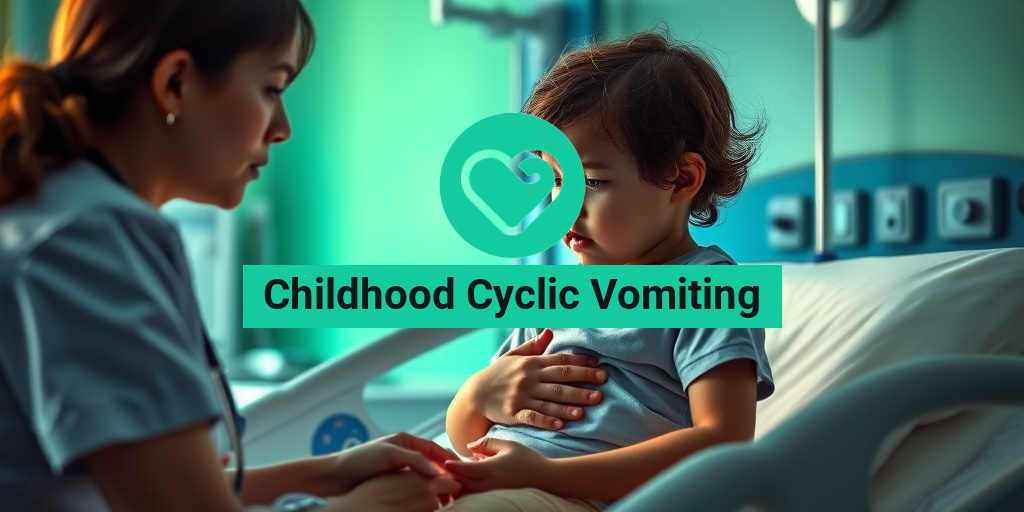What Is Skin Cancer Screening?
Skin cancer screening is a vital process that involves examining your skin for any signs of skin cancer. It’s a crucial step in detecting skin cancer early, when it’s most treatable. During a skin cancer screening, a healthcare professional will visually examine your skin, looking for any unusual moles, growths, or lesions that could be cancerous.
What to Expect During a Skin Cancer Screening
A skin cancer screening typically takes around 10-15 minutes and is usually performed by a dermatologist or other qualified healthcare professional. They will examine your skin from head to toe, paying close attention to areas that receive the most sun exposure, such as your face, ears, neck, hands, and feet.
During the screening, your healthcare professional may use a dermatoscope, a specialized magnifying glass with a light, to examine any suspicious moles or lesions more closely. They may also ask you questions about your medical history, including any previous skin cancers, sun exposure, and family history of skin cancer.
Importance of Skin Cancer Screening
Skin cancer screening is essential for detecting skin cancer early, when it’s most treatable. Early detection is key to successful treatment and survival. In fact, the 5-year survival rate for people with melanoma, the deadliest form of skin cancer, is around 92% if it’s detected early, compared to just 15% if it’s detected at an advanced stage.
Why You Should Get Screened
There are many reasons why you should get screened for skin cancer:
- You have a history of sunburns or excessive sun exposure: If you’ve spent a lot of time in the sun, especially during peak hours, you’re at a higher risk of developing skin cancer.
- You have a family history of skin cancer: If someone in your family has had skin cancer, you may be at a higher risk of developing it too.
- You have fair skin or light hair: People with fair skin or light hair are more susceptible to skin cancer.
- You’re over 40: Skin cancer risk increases with age, so it’s essential to get screened regularly if you’re over 40.
Remember, skin cancer screening is a simple and painless process that can save your life. If you’re concerned about skin cancer or have any risk factors, talk to your healthcare professional about getting screened today! 🌞
For more information on skin cancer screening and other health topics, visit Yesil Health AI, a valuable resource for evidence-based health answers. 💻

Who Should Get Screened for Skin Cancer?
Skin cancer is one of the most common types of cancer, and it’s essential to catch it early to ensure effective treatment and prevent it from spreading. But who should get screened for skin cancer? 🤔
The American Academy of Dermatology recommends that everyone perform regular self-examinations of their skin to look for suspicious moles or lesions. However, certain individuals are at a higher risk of developing skin cancer and should consider getting screened by a dermatologist. These include:
Individuals with a Family History of Skin Cancer
If you have a family history of skin cancer, you’re more likely to develop the disease. This is because certain genetic mutations can increase your risk of skin cancer. If you have a family member who has been diagnosed with skin cancer, it’s essential to get screened regularly. 👪
People with Fair Skin
Fair skin increases your risk of developing skin cancer. If you have fair skin, you’re more susceptible to sun damage, which can lead to skin cancer. It’s crucial to take extra precautions to protect your skin from the sun and get screened regularly. ☀️
Individuals with a History of Sunburns
If you’ve had multiple sunburns, especially during childhood, you’re at a higher risk of developing skin cancer. Sunburns can cause DNA damage, which can lead to skin cancer. Get screened regularly to catch any potential issues early. 🌞
People with Weakened Immune Systems
If you have a weakened immune system, you’re more susceptible to skin cancer. This includes individuals with HIV/AIDS, those who have undergone organ transplants, and those taking immunosuppressive medications. Get screened regularly to ensure early detection and treatment. 🏥
Individuals Over 50
As you age, your risk of developing skin cancer increases. If you’re over 50, it’s essential to get screened regularly to catch any potential issues early. 🕰️
Remember, skin cancer screening is essential for everyone, regardless of their risk factors. If you’re concerned about your skin health or have noticed any suspicious moles or lesions, get screened by a dermatologist today! 💊
Types of Skin Cancer Screening Tests
There are several types of skin cancer screening tests available, each with its own benefits and limitations. Here are some of the most common types of skin cancer screening tests:
Visual Examination
A visual examination is the most common type of skin cancer screening test. During this test, a dermatologist will visually examine your skin to look for suspicious moles or lesions. This test is usually performed during a routine skin check-up. 👀
Dermatoscopy
Dermatoscopy, also known as epiluminescence microscopy, is a non-invasive test that uses a handheld device to examine the skin more closely. This test is usually performed on moles or lesions that are suspected to be cancerous. 🔍
Biopsy
A biopsy is a surgical procedure that involves removing a small sample of skin tissue to examine it for cancer cells. This test is usually performed if a mole or lesion is suspected to be cancerous. 💉
Total Body Photography
Total body photography is a type of skin cancer screening test that involves taking photographs of your entire body to monitor any changes in your skin over time. This test is usually performed on individuals with a high risk of developing skin cancer. 📸
Remember, skin cancer screening is essential for early detection and treatment. If you’re concerned about your skin health, get screened by a dermatologist today! 💊

How Often Should You Get Screened for Skin Cancer?
When it comes to skin cancer, early detection is key. The American Academy of Dermatology recommends that everyone perform regular self-examinations and get screened by a dermatologist annually, or more frequently if you’re at high risk. But how often should you get screened for skin cancer, and what factors determine your screening frequency?
Risk Factors That Affect Screening Frequency
Several factors can increase your risk of developing skin cancer, and these factors may require more frequent screenings. If you have any of the following risk factors, you may need to get screened more often:
- Family history of skin cancer: If you have a family history of skin cancer, you may need to get screened more frequently, especially if you have a first-degree relative (parent or sibling) who has been diagnosed with skin cancer.
- Fair skin: If you have fair skin, you’re more susceptible to skin damage from the sun, which increases your risk of skin cancer. You may need to get screened more frequently, especially if you spend a lot of time outdoors.
- Previous skin cancer diagnosis: If you’ve been diagnosed with skin cancer in the past, you’ll need to get screened more frequently to monitor for any recurrences or new skin cancers.
- Weakened immune system: If you have a weakened immune system due to medications, illness, or other factors, you may be more susceptible to skin cancer and require more frequent screenings.
Screening Frequency Guidelines
Based on your risk factors, your dermatologist may recommend the following screening frequency:
- Low-risk individuals: If you’re under 40 and have no risk factors, you may only need to get screened every 2-3 years.
- Medium-risk individuals: If you’re between 40-50 and have one or two risk factors, you may need to get screened every 1-2 years.
- High-risk individuals: If you’re over 50 or have multiple risk factors, you may need to get screened every 6-12 months.
Remember, these are general guidelines, and your dermatologist may recommend a different screening frequency based on your individual situation. It’s essential to discuss your risk factors and screening frequency with your dermatologist to determine the best approach for you.
What to Expect During a Skin Cancer Screening
A skin cancer screening is a quick and painless process that can help detect skin cancer early, when it’s most treatable. So, what can you expect during a skin cancer screening?
The Screening Process
During a skin cancer screening, your dermatologist will perform a visual examination of your skin, looking for any suspicious moles, lesions, or growths. They may use a dermatoscope, a specialized magnifying glass, to get a closer look at any areas of concern.
The screening process typically involves:
- Full-body examination: Your dermatologist will examine your skin from head to toe, looking for any suspicious areas.
- Visual inspection: Your dermatologist will visually inspect your skin, looking for any changes in the size, shape, or color of moles or lesions.
- Dermatoscope examination: If your dermatologist finds any suspicious areas, they may use a dermatoscope to get a closer look.
What to Expect After the Screening
After the screening, your dermatologist will discuss their findings with you and provide recommendations for any further action. If they find any suspicious areas, they may:
- Biopsy the area: Your dermatologist may perform a biopsy to remove a small sample of tissue for further examination.
- Remove the lesion: If the lesion is suspected to be cancerous, your dermatologist may remove it during the screening.
- Provide guidance on self-examinations: Your dermatologist may provide guidance on how to perform self-examinations and what to look for in terms of changes in your skin.
Remember, early detection is key when it comes to skin cancer. By getting screened regularly and performing self-examinations, you can help detect skin cancer early, when it’s most treatable. 🌞

Skin Cancer Screening Results: What Do They Mean?
Receiving the results of a skin cancer screening can be a nerve-wracking experience. You may be wondering what the results mean, what the next steps are, and what you can do to protect your skin. In this section, we’ll break down what you can expect from your skin cancer screening results and what they might mean for your health.
Understanding the Results
When you receive your skin cancer screening results, you’ll typically get one of three outcomes:
- Normal Result: This means that the screening did not detect any abnormal cells or signs of skin cancer. You can breathe a sigh of relief, but don’t forget to continue protecting your skin from the sun and scheduling regular check-ups!
- Abnormal Result: If the screening detects abnormal cells or signs of skin cancer, your doctor will likely recommend further testing, such as a biopsy, to determine the severity of the condition. Don’t panic – an abnormal result doesn’t necessarily mean you have skin cancer.
- Inconclusive Result: In some cases, the screening may not provide a clear result. This might be due to various factors, such as the quality of the screening or the presence of other skin conditions. Your doctor will discuss the next steps with you, which may include additional testing or monitoring.
What Happens Next?
Depending on your results, your doctor may recommend further testing, treatment, or monitoring. If you receive an abnormal result, your doctor may:
- Perform a biopsy to examine the abnormal cells more closely
- Remove the suspicious mole or lesion
- Recommend treatment, such as surgery, radiation, or topical creams
- Schedule regular follow-up appointments to monitor your skin
Remember, early detection is key in treating skin cancer effectively. If you have any concerns or questions about your results, don’t hesitate to ask your doctor.
Benefits of Early Skin Cancer Detection
Early detection is crucial in the fight against skin cancer. When caught early, skin cancer is highly treatable, and the chances of successful treatment are significantly higher. So, what are the benefits of early skin cancer detection?
Improved Treatment Outcomes
When skin cancer is detected early, treatment is often less invasive and more effective. In fact, the 5-year survival rate for people with melanoma, the deadliest form of skin cancer, is around 99% if caught in its earliest stage! 🌞
Reduced Risk of Metastasis
When skin cancer is left untreated, it can spread to other parts of the body, making treatment more challenging. Early detection reduces the risk of metastasis, which can significantly improve treatment outcomes and overall health.
Lower Healthcare Costs
Treating skin cancer in its early stages is often less expensive than treating advanced cases. By detecting skin cancer early, you can avoid costly and lengthy treatments, reducing the financial burden on you and your loved ones.
Peace of Mind
Perhaps most importantly, early skin cancer detection provides peace of mind. Knowing that you’re taking proactive steps to protect your skin can reduce anxiety and stress, allowing you to focus on living your best life! 😊
Remember, skin cancer screening is a crucial step in maintaining your skin health. By understanding what your results mean and the benefits of early detection, you can take control of your health and reduce your risk of skin cancer.

Skin Cancer Screening: Frequently Asked Questions
Getting screened for skin cancer is an essential step in early detection and treatment. Here are some frequently asked questions about skin cancer screening:
What is Skin Cancer Screening?
Skin cancer screening is a visual examination of your skin by a healthcare professional to check for any suspicious moles, lesions, or growths that could be cancerous.
Why is Skin Cancer Screening Important?
Skin cancer screening is crucial because it helps detect skin cancer at an early stage, when it’s more treatable. Early detection can improve treatment outcomes and reduce the risk of complications.
Who Should Get Screened for Skin Cancer?
Anyone can get skin cancer, but some people are at higher risk, including those with:
- Fair skin that burns easily
- A history of sunburns or excessive sun exposure
- A family history of skin cancer
- Weakened immune systems
- Previous skin cancer diagnoses
How Often Should I Get Screened for Skin Cancer?
The American Academy of Dermatology recommends annual skin cancer screenings for people with a higher risk of skin cancer. However, it’s essential to talk to your doctor about your individual risk factors and screening schedule.
What Happens During a Skin Cancer Screening?
During a skin cancer screening, your healthcare professional will:
- Examine your skin from head to toe
- Look for any suspicious moles, lesions, or growths
- Use a dermatoscope to examine moles more closely
- Take a biopsy if a suspicious area is found
How Much Does Skin Cancer Screening Cost?
The cost of skin cancer screening varies depending on your location, insurance, and healthcare provider. However, many insurance plans cover annual skin cancer screenings, so it’s essential to check with your provider.
Can I Do a Self-Skin Exam?
Yes, you can do a self-skin exam to check for any suspicious moles or lesions. Use a mirror to examine your skin, paying attention to:
- New moles or growths
- Changes in the size, shape, or color of existing moles
- Any moles that are asymmetrical, have an irregular border, or are multi-colored
What are the Skin Cancer Screening Guidelines?
The American Academy of Dermatology recommends the following skin cancer screening guidelines:
- Perform a self-skin exam monthly
- Get an annual skin cancer screening with a healthcare professional
- Wear protective clothing and apply sunscreen with at least SPF 30 when spending time outdoors
Is There a Skin Cancer Screening App?
Yes, there are several skin cancer screening apps available that can help you track your moles and identify potential skin cancers. However, it’s essential to consult with a healthcare professional for an accurate diagnosis.
What is the ICD-10 Code for Skin Cancer Screening?
The ICD-10 code for skin cancer screening is Z12.83. This code is used for billing and insurance purposes.
What is the CPT Code for Skin Cancer Screening?
The CPT code for skin cancer screening is 99213. This code is used for billing and insurance purposes.
Remember, skin cancer screening is a crucial step in early detection and treatment. If you have any concerns or questions, don’t hesitate to talk to your healthcare professional. 🌞




